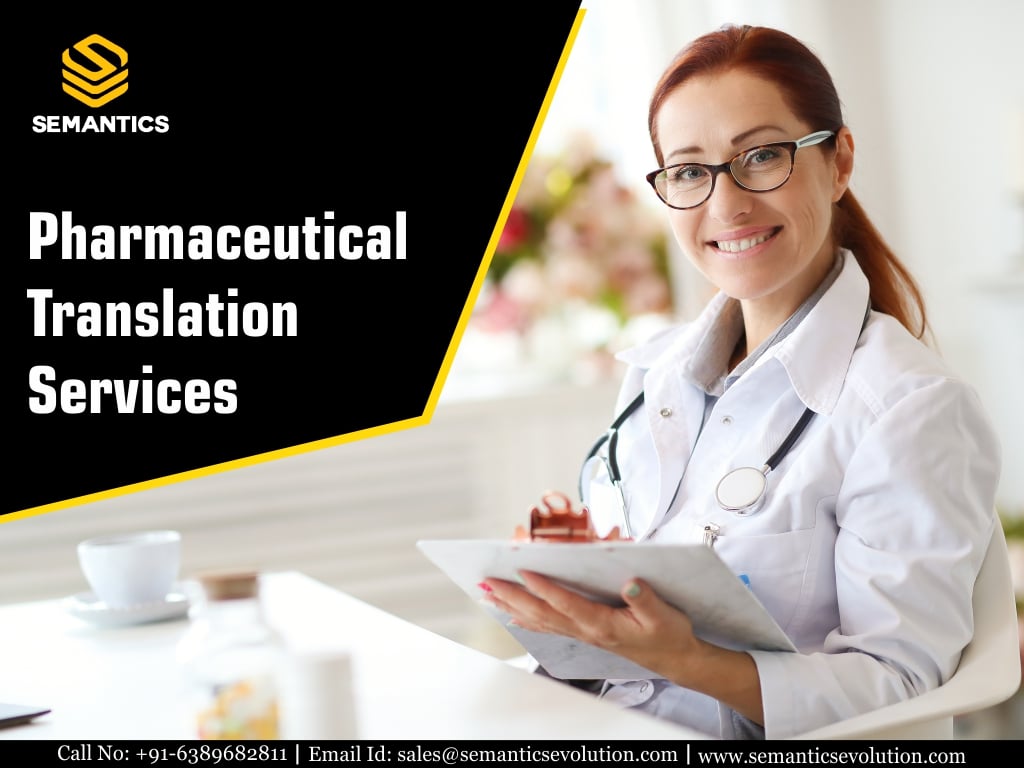Medicine and pharmacy are two very significant fields of science that require a high level of specialization due to the fact that many people’s lives are dependent on them. The pharmaceutical translation is no exception. In today’s globalized society, we must be extra cautious with pharmaceutical texts and prescriptions, putting the trust in the hands of professionals.
A wide range of languages and registers are used in pharmacy. It employs highly specialized language and incorporates other disciplines of science such as legal, administrative, and information technology. In order to achieve an accurate and consistent translation, you’ll need a professional pharmaceutical translation service that specializes in the field and is familiar with all of the technical words in the languages they’ll be working with.
It’s also worth noting that government authorities are continually updating certain fields, such as health and pharmaceutical, in terms of both concepts and language. That necessitates an advanced comprehension of the content by the translation provider.
The following are some instances of pharmaceutical texts where the translation is employed, and proper management of material is critical:
- Health Certificates (analyses, medical tests, medical examinations, etc.).
- Manuals for medical instruments
- Scientific articles in scientific papers.
- Sheets of technical information
- Leaflets
- Advertisements for pharmaceutical products
So, how can you identify the ideal pharmaceutical translator for your projects? A professional translation firm like Semantics can be your best candidate for the job and help you with your pharmaceutical translation.
Characteristics of Excellent Pharmaceutical Translators
1. Must Understand the Medical Language
In medicine, an experienced translator is someone who has already worked in the healthcare field and is fluent in the language and terminology.
2. Perform Adaptive Translations
Text adaptation is critical in pharmaceutical translation, medical interpretation, and other healthcare-related translations. The ideal interpreter can make a precise and clear translation for their target audience while maintaining the sense of the text, which must be similar to the original because these are medicinal materials.
3. Technical Research
Professional pharma translators must regularly research their translations and stay updated on technological and scientific developments. In general, health and science, and the language employed, are two domains that are constantly evolving.
4. Specialized Education
Those that utilize medical or technical translators have more stringent criteria than companies that use non-specialized interpreters. The translator must have a thorough understanding of their specific field and the associated technical terminology.
The profession of specialized translation necessitates precision and consistency. It is especially true when it comes to technical translation. In order to keep up with the latest innovations in a profession that is continually and rapidly expanding, you need pharmaceutical translation services that can demonstrate accuracy, flexibility, and the capacity to adapt.











kDKIfUxz
ezHTQmtyR
UpQuacHGWXKMdsJy